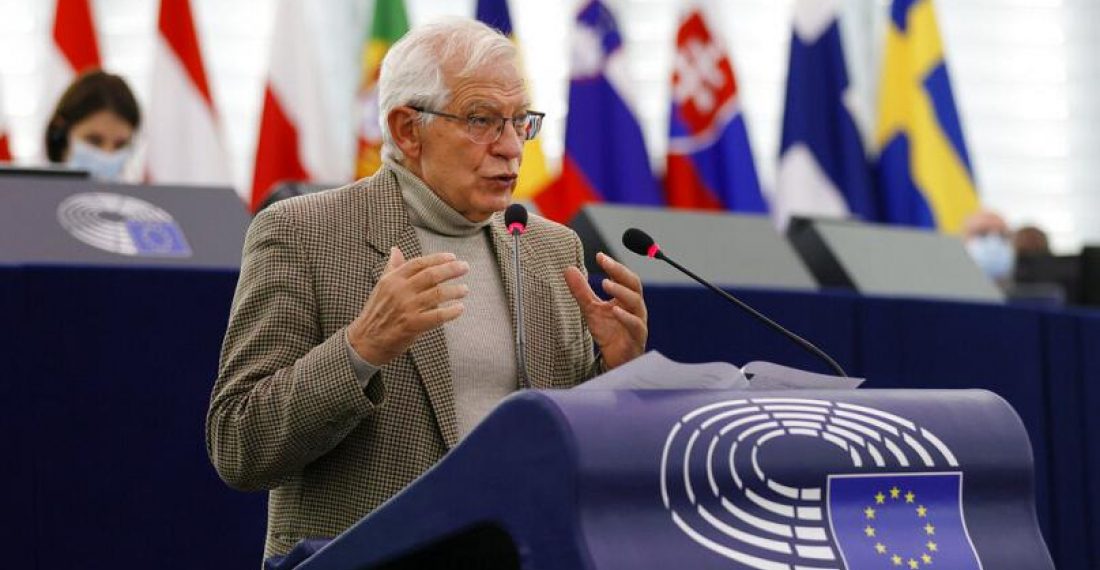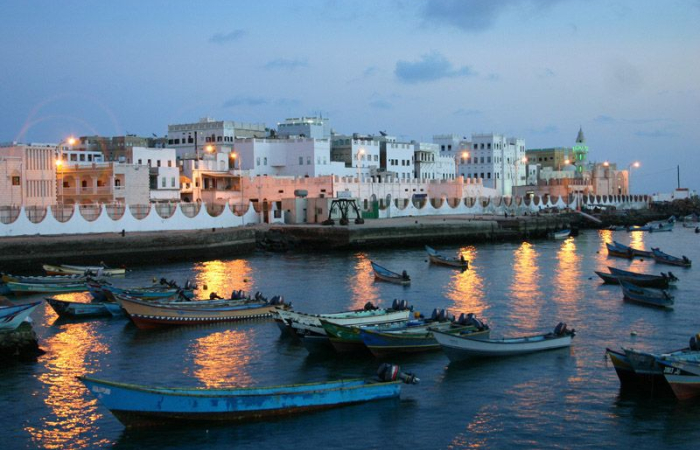The so-called "Jumbo Council" of all European Ministers of Defence and Foreign Affairs on Monday (15 November) not only dealt with new sanctions against Belarus but had as its core theme the new Security and Defence Policy for the European Union. The basis is a new strategy paper presented at the meeting. High Representative of the Union for Foreign Affairs and Security Policy, Josep Borrell, worked for a year-and-a-half on the "Strategic Compass for security and defence", and the last week saw him presenting its main ideas.
When the new President of the European Commission, Ursula von der Leyen, took office, it was already emphasised that the European Union should "learn the language of power". Her proclaimed "Geopolitical Commission", started in December 2019, has made concrete proposals to this effect. Borrell presented the first draft of the "strategic compass" last Wednesday (17 November), as part of the bloc's "autonomy in defence" goals to tackle security crises it has been facing recently.
The discussions served mainly to put an initial outline on the table. In the coming months, regular discussions will take place to draw up the "Strategic Compass" in more detail.
The "Strategic Compass" is designed to answer three questions: Which challenges and threats does Europe face? How can the EU better pool its assets and manage them effectively? And what is the best way to protect Europe's influence both as a regional and global actor?
Borrell indicated that Europe must be a security provider. That is what the citizens of European Unions expect.
Especially after the withdrawal of Western forces from Afghanistan in August of this year, the EU is again putting plans on the table to create its own European army. In Brussels, the new forces are referred to as a component of the "Strategic Compass".
The EU wants it to cover the areas of "crisis management", "defence capabilities", "resilience", and "partnerships with allies". They wanted the member states to improve their military capabilities and use them more effectively.
In concrete terms, this will take the form of a European intervention force of up to 5,000 soldiers, which should be fully operational by 2025. Depending on needs, this would include ground forces as well as air and naval forces.
As early as 1998, France and former EU member state the United Kingdom agreed in Saint-Malo, France, that the European Union should be capable of autonomous action, supported by reliable military capabilities. This led one year later to the unrealised goal of providing the EU with 60,000 rapidly deployable soldiers. Finally, in 2007, two European battle groups saw the light of day.
The Netherlands is a "strong supporter" of the European plans for rapidly deployable military forces, with which the European Union can act even without American support. Increasing strategic autonomy is "crucial" for the development of the Netherlands, according to the Dutch Minister of Foreign Affairs, Ben Knapen. For example, the EU should be able to take over an object such as Kabul airport in a few years' time without depending on others.
EU member state France, which will hold the post of the presidency of the Council of the EU for six months from 1 January 2022, hopes to present the Strategic Compass then officially. The country hopes to coordinate better the changed attitude of the United States and the increased threat along the EU external borders. Sources in Brussels say that France is one of the few countries in the EU that thinks strategically and globally, and has the capacity to put teeth to its words. The leadership of France on this matter is therefore considered crucial. But member states will also be wary not to lose control over their defence policies, so the strategic compass will, as with everything else in the EU, have to be built on compromise.






